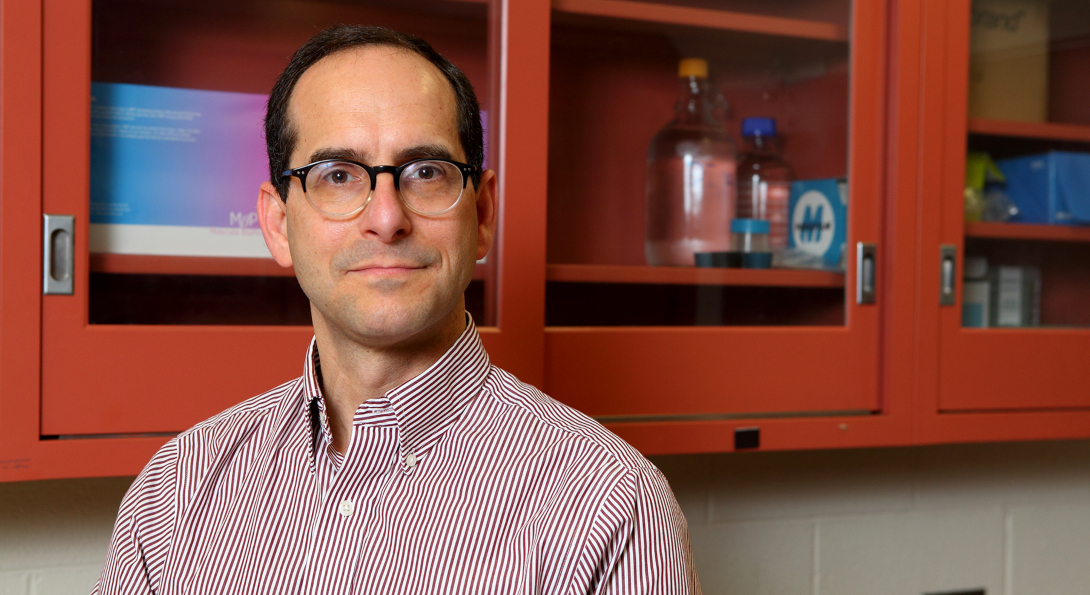Gates Foundation funds UIC solar-powered water treatment project in Kenya

Introduction
The University of Illinois at Chicago has received a $100,000 grant from Grand Challenges Explorations, an initiative of the Bill & Melinda Gates Foundation. The grant will enable the expansion and testing of a clean drinking water system in two informal urban settlements located in Kisumu, a city of 500,000 people in Kenya. Dr. Samuel Dorevitch, associate professor at the UIC School of Public Health, is the principal investigator on the grant.
The water disinfection system was developed by Sung-Jin Park, a research professor in the University of Illinois department of electrical and computer engineering. It uses solar power to produce ozone gas. The gas is then bubbled through water collected from natural or municipal sources to kill germs and make the water safe for drinking. In partnership with The Safe Water and AIDS Project, or SWAP, a non-governmental organization based in Western Kenya, Dorevitch and colleagues have already installed small versions of the system in ten homes in Kisumu’s Kisian Village, where it can disinfect about 40 liters of water a day.
“New and better ways of treating drinking water have to work well in the laboratory, but they also have to be user-friendly and work well in people’s homes,” said Dorevitch, who is also a fellow of UIC’s Institute for Environmental Science and Policy. “People in Kisian Village who used the solar-powered water treatment system say it’s simple to use and they continue to use it even months after the research ended.”
The new grant money will enable Dorevitch and his group to install much larger systems in Kisumu that can process up to 5,000 liters of water each day for community use.
Dorevitch will compare two ways of deploying the larger system in two informal settlements in Kisumu: in one settlement, a community water cooperative will manage the system and coordinate water distribution. In another informal settlement, the system will be managed and distribution will be handled by water vendors.
“We want to find out what works better, an entrepreneurial model or a non-profit, cooperative model,” Dorevitch said.
Over the next 18 months, Dorevitch and his colleagues will evaluate the scaled-up treatment system and the two approaches.
“We need to know what works and what doesn’t from a technology standpoint as well as from a community standpoint,” he said. “We will use that information to guide the deployment of solar-powered clean water systems in other settings and to evaluate the health impacts of this method of water treatment.”
Grand Challenges Explorations is a $100 million initiative funded by the Bill & Melinda Gates Foundation that supports innovative thinkers worldwide in exploring unique ideas that can help solve persistent global health and development challenges. Launched in 2008, over 1420 projects in more than 65 countries have received Grand Challenges Explorations grants. The grant program is open to anyone from any discipline and from any organization. Initial grants of $100,000 are awarded two times per year. Successful projects have the opportunity to receive a follow-on grant of up to $1 million.